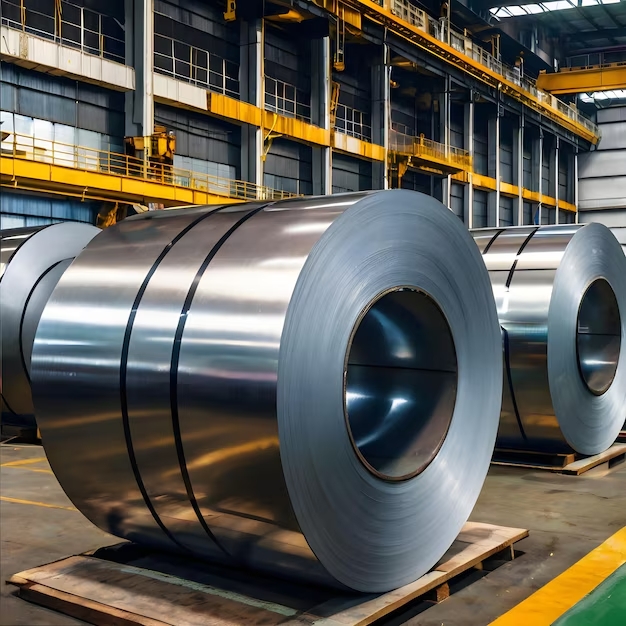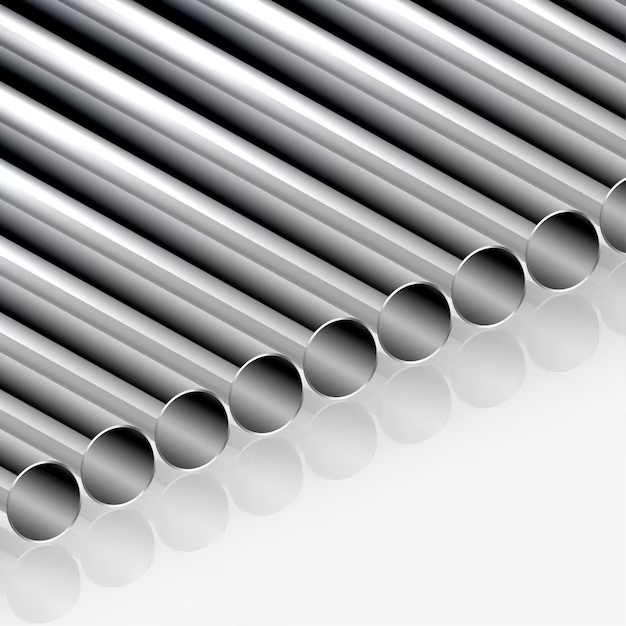Introduction:
In a significant move towards ensuring quality control in the manufacturing sector, the Indian government has mandated that all stainless steel seamless pipes and tubes will require certification by the Bureau of Indian Standards (BIS) starting August 1, 2025. This decision, announced by the Department for Promotion of Industry and Internal Trade (DPIIT), is aimed at improving product standards, curbing substandard imports, and protecting consumer interests.
Why the New BIS Certification is Important
The 'Stainless Steel Pipes and Tubes (Quality Control) Order, 2025,' stipulates that manufacturers, traders, importers, and storage facilities must have BIS certification for all stainless steel pipes and tubes before they can be sold or traded. This certification will help ensure that these products meet industry standards, offering better quality and safety to consumers.
Key Exemptions and Penalties
While the new order enforces stricter control, there are exemptions for research and development (R&D) purposes. Manufacturers can import up to 500 kilograms of stainless steel pipes or tubes annually for R&D. However, these products cannot be sold commercially and must be disposed of as scrap once used for research.
For those who fail to comply, the consequences are serious. The first violation under the BIS Act can lead to up to two years of imprisonment or a fine of Rs 2 lakh. Subsequent violations will incur harsher penalties, including fines up to Rs 5 lakh or even 10 times the value of the goods involved.
Part of a Broader Quality Control Initiative
This new rule is part of a wider set of initiatives by the DPIIT, which since 1987 has implemented 81 Quality Control Orders for over 330 products. These rules aim to prevent substandard products from flooding the Indian market, safeguard consumers, and align with the global standards set by the World Trade Organization’s Agreement on Technical Barriers to Trade.
Conclusion:
The mandatory BIS certification for stainless steel pipes and tubes is a positive step toward better product quality and consumer protection in India. By enforcing these standards, the government aims to strengthen India’s manufacturing sector, reduce the influx of low-quality imports, and support a more sustainable and competitive market. For businesses in this sector, getting certified by BIS before August 1, 2025, will be crucial to avoid penalties and stay compliant with national standards.











